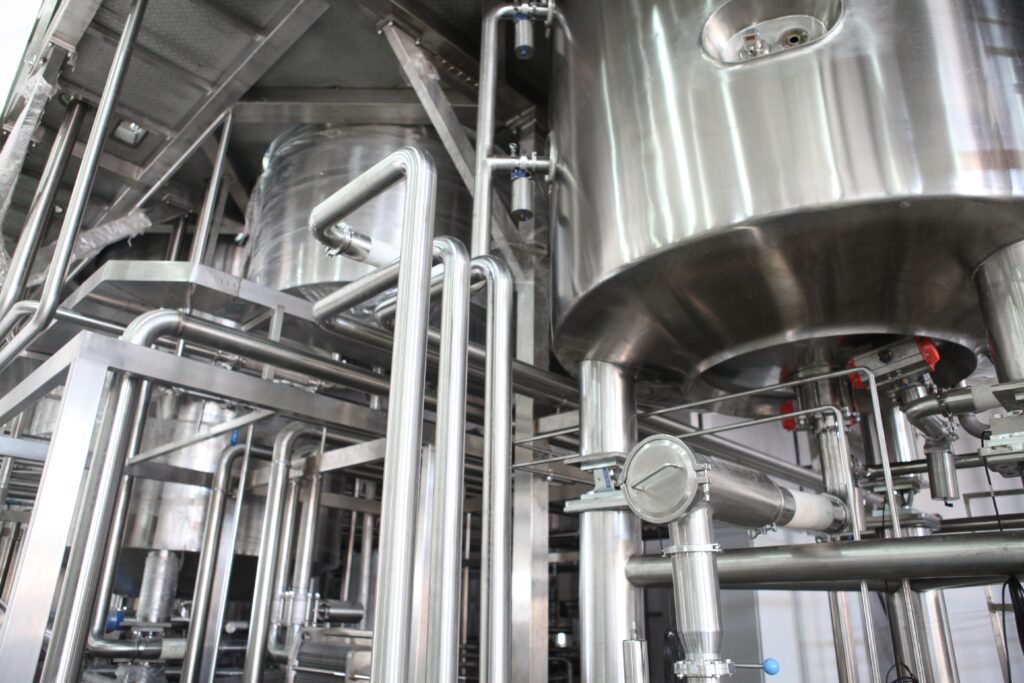When it comes to making things, you may have come across the terms “production” and “manufacturing.” While they are often used interchangeably, there are subtle differences between the two. Let’s explore these concepts in basic terms to understand how they differ from each other.
Production refers to the overall process of creating goods or services. It encompasses all the activities involved in bringing a product or service to fruition, from the initial idea to its delivery to the customer. Production involves planning, organizing, and coordinating various resources to achieve a desired outcome.
On the other hand, manufacturing is a specific subset of production. It focuses on the physical transformation of raw materials into finished goods. Essentially, manufacturing is the hands-on process of making products through specific techniques and machinery.
To better grasp the distinction, let’s break it down:
- Scope: Production has a broader scope, encompassing everything from ideation, design, marketing, and distribution to after-sales services. It involves managing the entire lifecycle of a product or service. Manufacturing, on the other hand, is a narrower concept that specifically deals with the physical creation of products.
- Activities: Production involves a wide range of activities, including research and development, marketing, sales, procurement, logistics, and customer support. It encompasses all the non-physical aspects of creating and delivering goods or services. Manufacturing, however, is primarily concerned with the actual fabrication and assembly of products.
- Focus: Production focuses on the overall efficiency, effectiveness, and profitability of the entire process. It aims to optimize resources, minimize costs, and ensure customer satisfaction. Manufacturing, in contrast, concentrates on the technical aspects of transforming raw materials into finished products, ensuring they meet quality standards and specifications.
- Applicability: Production is not limited to physical products. It also applies to services, such as healthcare, banking, education, or entertainment, where tangible goods are not the end result. Manufacturing, as a subset of production, specifically relates to the creation of physical goods.
- Integration: Manufacturing is often a crucial component within the broader production process. It is integrated with other functions like procurement, inventory management, and quality control to ensure a smooth and efficient production flow.
In summary, production is the overarching process that encompasses all the activities involved in creating and delivering goods or services, while manufacturing specifically focuses on the physical transformation of raw materials into finished products. Understanding this distinction helps us recognize the specific role that manufacturing plays within the larger production landscape.